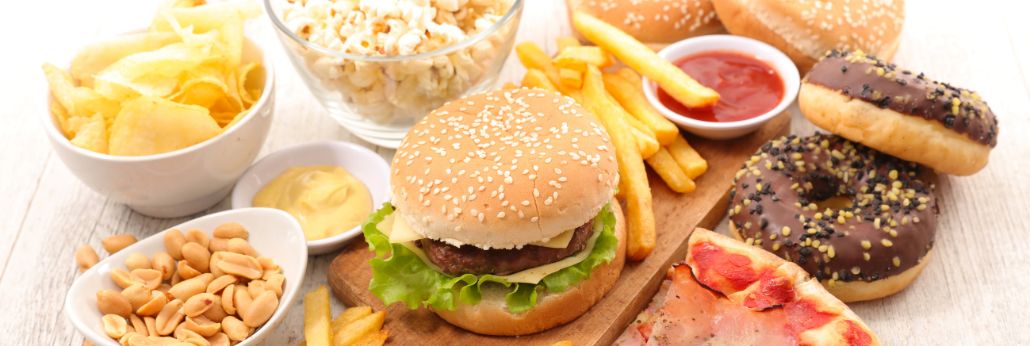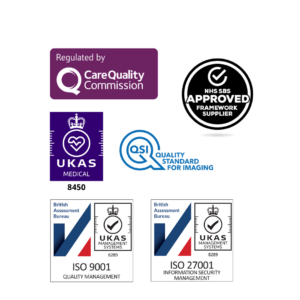What is ultra-processed food?
Ultra-processed foods include ready-to-eat and ready-to-heat meals made from little or no whole foods. These currently make up nearly 60% of the total daily calories consumed by US adults. In addition, they are usually high in added sugars, fats and starch. Ultra-processed foods tend to have long lists of ingredients, some of which are unrecognisable.
The study sought to determine if there was an association between these food types and colon cancer. The research team reviewed data from several large-scale US databases, such as the Health Professionals Follow-up Study and the Nurses’ health study. (These are long-term follow-up studies looking at many different aspects of people’s lives.)
The research team identified over 3200 cases of colorectal cancer over a period of 28 years.
The results showed that those in the top 20% of ultra-processed food consumption had nearly a 30% increased rate of developing colorectal cancer compared to those in the lowest fifth.
Are all ultra-processed foods equal?
This increase appeared to be independent of the individual’s body mass index. It was also noted that certain subgroups of ultra-processed food were linked to higher cancer rates, particularly ready-to-eat meat, poultry and seafood and sugar-sweetened drinks.
An increased rate was also seen in women who consumed high levels of ready-to-eat/heat-mixed dishes, but it was also noticed that yoghurt and diary-based desserts had a protective effect in women.
This is quite a detailed study as it looked at many different types of ultra-processed food. However, the message is clear that in men and some groups of women, there is a higher risk of colon cancer in those who consume high levels of such foods.
I’d like to say everything in moderation. But there is little doubt that much of what we eat has been messed around with added chemicals, sweetness, or fats. Most of the time, these additives are put in to improve what the manufacturers think we want, but fundamentally without any assessment of their long-term harm.
Do artificial sweeteners cause heart disease?
The second paper in the BMJ is by Debras et al. It looks at the association between artificial sweeteners and heart disease.
The team used existing databases and looked at over 103,00 individuals with an average age range from 28-56 years of age.
They found that the incidence of heart disease was nearly 10% higher in those taking artificial sweeteners and the incidence f stroke almost 20% higher in the sweeter group.
This large-scale study clearly points to an association between artificial sweeteners and heart and cerebrovascular disease. So, something as simple and commonly used as a sweetener may profoundly affect your well-being.
 OUR BLOG
OUR BLOG

 Paul Zollinger-Read CBE
Paul Zollinger-Read CBE




